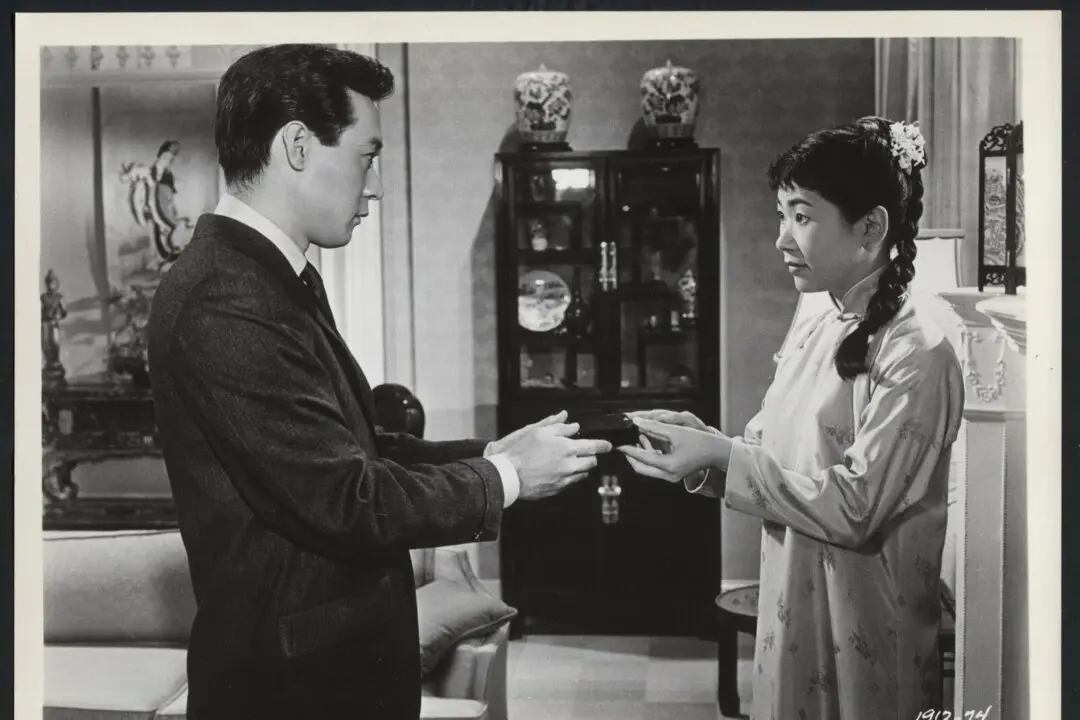Amusement is rarely a word associated with aging.
After all, the great majority of those who have passed their three-score-and-ten years face physical ailments, declining mental powers, and the certainty that they are sailing ever closer to the end of life.






